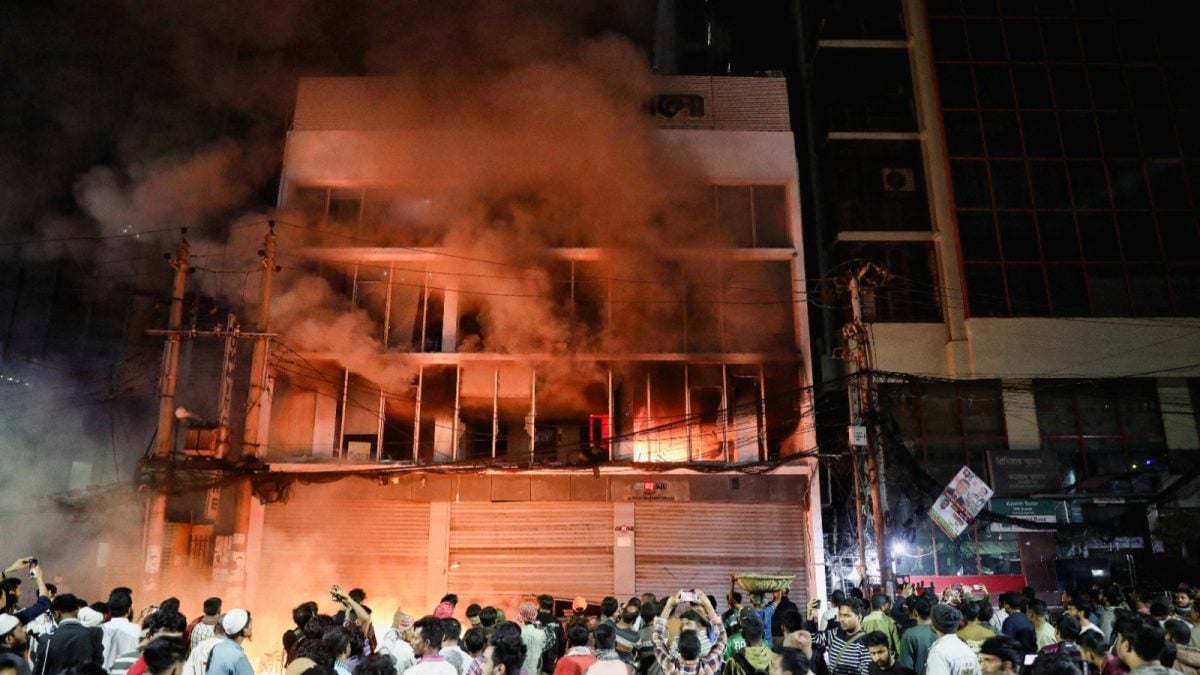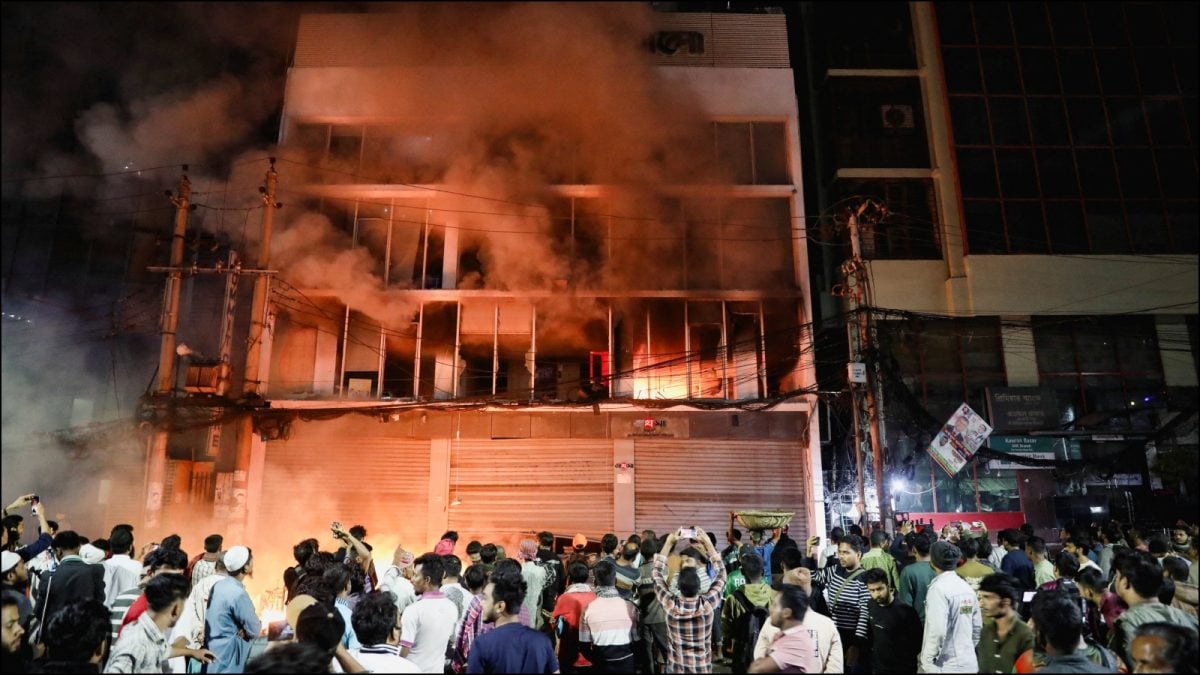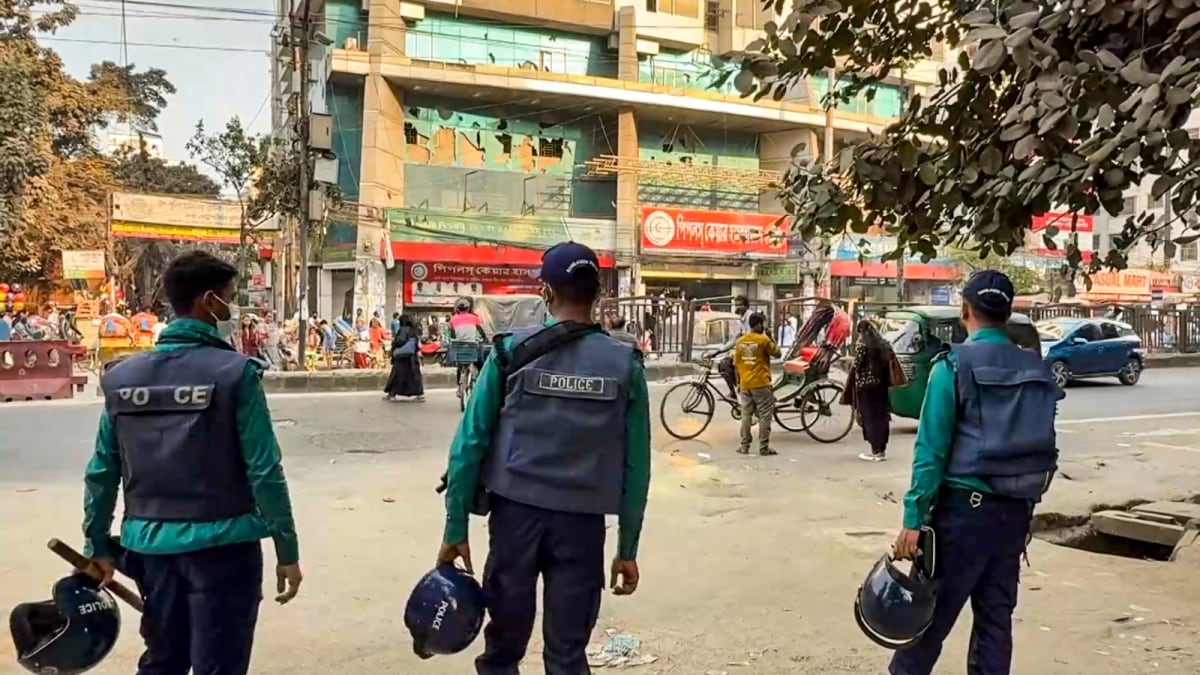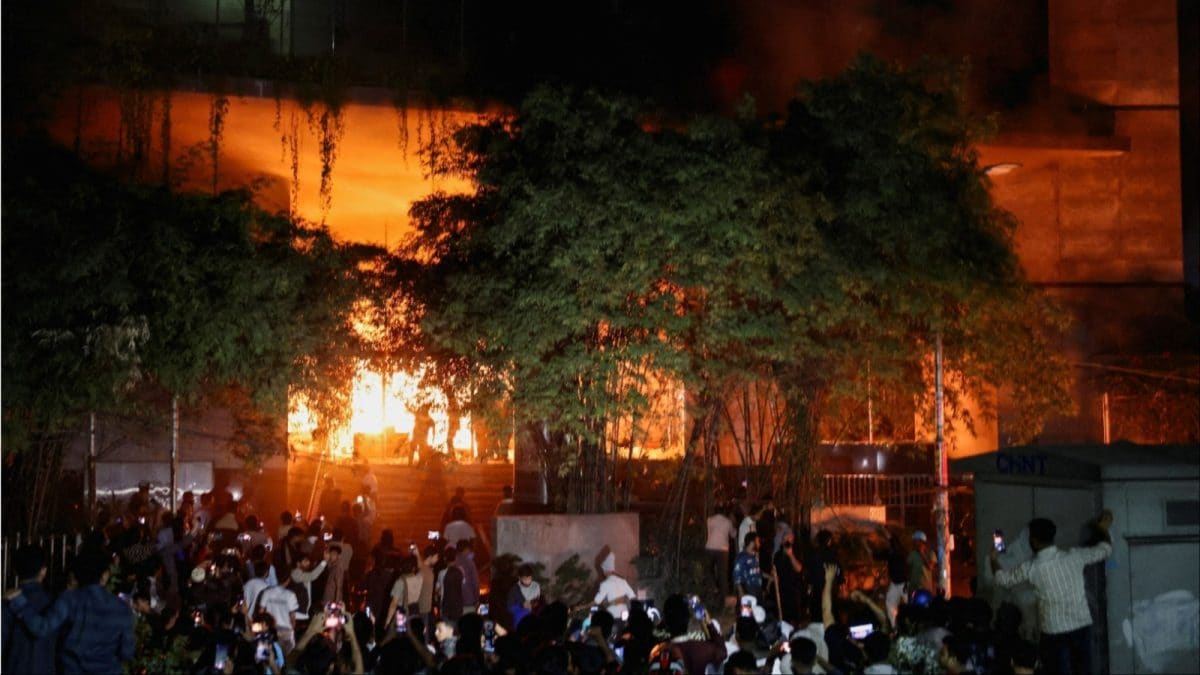Pakistan conducted air strikes in Afghanistan, including Kabul, during the recent war, but it seems Pakistanis are having to pay through their nose for the aggression. Prices of tomatoes, among other essential vegetables, have surged by 400%. That is because key border crossings are shut and trade has been suspended since October 11.

Afghanistan is the main source of tomatoes for Pakistan. Tomatoes are used in almost every curry-based dish in Pakistan. (Image: Reuters)
A sharp rise in tomato prices across Pakistan has become one of the most visible signs of the economic fallout from the recent war between Pakistan and Afghanistan. With key border crossings closed and trade suspended since October 11, the price of tomatoes, a must-have in every Pakistani kitchen, has left households scrambling. Tomatoes are used in almost every curry-based dish that Pakistanis cook and the price of the kitchen staple has zoomed 400% since the war weeks ago.
Tomato prices in Pakistan climbed to around 600 Pakistani rupees ($2.13) per kilogram, roughly five times their normal rate, Reuters reported. It said this was because of supplies from Afghanistan drying up.
"These [tomatoes] have become too expensive. We use it in every food, and we are facing difficulties," Islamabad resident Shan Messiah told the Saudi Arabia-based Arab News.
Reuters said the border closures followed some of the worst fighting between the Pakistan and Afghanistan since the Taliban took control of Kabul in 2021. Pakistani airstrikes and ground battles along the 2,600-kilometre frontier killed dozens on both sides earlier this month, prompting Islamabad to shut all trade routes with Afghanistan. Torkham and Chaman were among the key crossings between the neighbours.
All trade and movement between the countries have remained closed as clashes halt commerce, the head of the Pak-Afghan Chamber of Commerce in Kabul, told Reuters on Thursday.
He estimated that both sides are losing around $1 million every day as nearly 5,000 containers of goods remain stranded at border crossings like Torkham and Chaman.
Fresh fruit, vegetables, minerals, medicine, wheat, rice, sugar, meat and dairy products make up most of the $2.3-billion annual trade volume between the two countries, according to the report.
PAKISTANI HOUSEHOLDS FEEL THE PINCH AS FOOD COSTS SURGE AMID BORDER CLOSURE
According to a report in Arab News, people in Pakistan are reeling from the price shock.
"These have become too expensive. We cannot understand this," Shan Messiah, a customer at Islamabad's G-9 vegetable market, told Arab News as he shook his head in disbelief.
"Since they are used in every food, we are facing difficulties," Messiah added.
Nusrat Jehan, a shopper, noted she paid 400 Pakistani rupees for a kilogram of tomatoes, far higher than prices just days ago.
"Earlier, you know, the rates were a little low," she said.
"But due to the closure of borders, maybe that's why (the prices have surged), she was quoted as saying by the English daily.
IRAN, PAKISTAN'S SWAT CAN'T FILL AFGHAN TOMATO GAP
Vendors, too, are feeling the squeeze. Mohammad Imran, a tomato seller in Islamabad, told Arab News that the supply from Afghanistan has completely stopped.
"Now it's coming from Iran, Sindh, and Quetta," he said. "Demand hasn't decreased — people still buy the same amount — but supply is much less," the vendor added.
Imran added that a week ago, tomatoes were selling for even higher prices—anywhere between 560 and 600 Pakistani rupees per kilogram.
Before the closures, Pakistan imported around 80 to 120 truckloads of tomatoes daily from Afghanistan, according to Shapur Khan, a wholesale trader, Arab News reported.
"Now, we are getting 10 to 15 trucks from Iran and the rest from Swat (in Pakistan) but it's not enough," Khan was quoted as saying by the English daily.
Border clashes erupted after Pakistan urged Kabul to curb militants attacking from Afghan safe havens, a claim the Taliban denies.
Pakistan and Afghanistan last week agreed to an immediate ceasefire during peace talks hosted in Qatar’s Doha, the Qatari foreign ministry announced.
The negotiations, also mediated by Turkey, aim to end a week of intense border clashes that killed dozens and wounded hundreds.
The crisis exposes the fragility of Pakistan-Afghanistan ties, where border spats disrupt lives. As tomatoes vanish from shelves and set kitchen budgets on fire, it is the ordinary Pakistanis who are bearing the cost of a war-fuelled impasse.
- Ends
Published By:
Gaurav Kumar
Published On:
Oct 24, 2025

 1 month ago
1 month ago

















